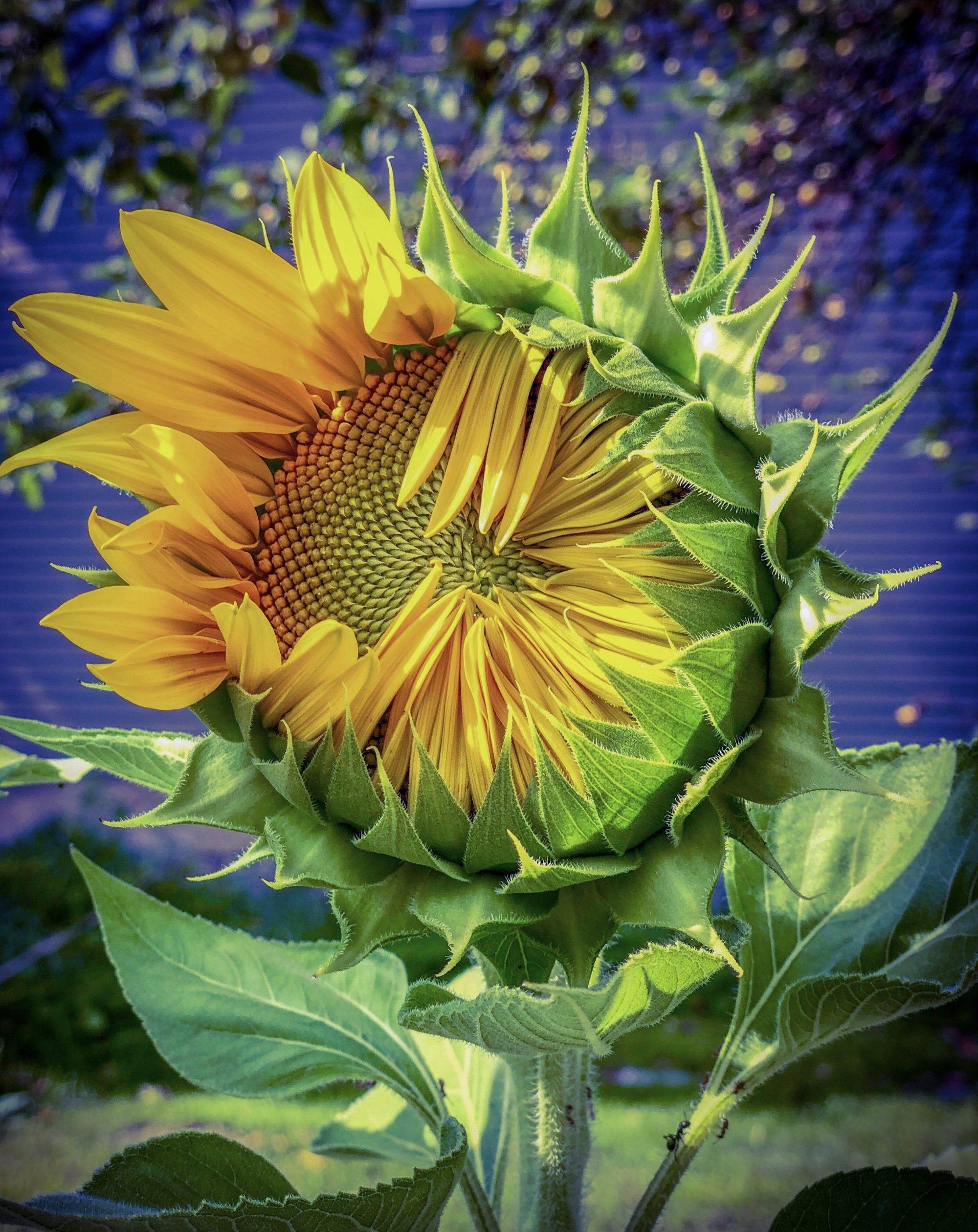A mauna is a practice of silence.
A fast of words, no utterances, no speaking.
According to Wiki:
In Hindu philosophy, Mauna (Silence), which has a voice of its own, refers to peace of mind, inner quietude, Samadhi and the Absolute Reality. The Hindu texts insist upon proper understanding of silence by experiencing it through control of speech and practice.
I read about this practice in Gandhi’s My Experiments with Truth following my nervous break down — in my case, breakdown is best understood as a necessary dissolution that allowed a new understanding to emerge.
Gandhi practiced a weekly mauna. One day every week he wouldn’t speak, and anything that he needed to communicate he wrote on a piece of paper or blackboard (as I remember from the book).
I decided to do the same, though I am not certain why. Perhaps it had to do with the work, feeling I needed silence after listening to so much during the week. But I vaguely remember thinking that a mauna was something I could and wanted to try, without expecting anything other than silence.
Not understanding the power or efficacy of this decision, it surprises me that I chose such an odd practice — but it seemed the thing to do. No retreat, no getaway. Every Friday, sometimes Thursday, I turned off the phones, changed the business voicemail to say I was out, and took a day to read and meditate and practice being with not a word spoken.
Makeshift monasticism, you might call it.
It was easy, like drinking water. I now believe the practice facilitated a psychic healing, and managed my mood in a way that the obscene surplus of medications never could.
Those days of silence healed, but they also stabilized me while living and working in the single room of a Cambridge boarding house.
I practiced the weekly mauna for a year, maybe two, until I returned to classes, and a new life chapter began.
I’m reminded of that practice these days.
The world becomes noisier, even in technology’s soundless spaces, it’s filled with voices growing louder and louder. “Hear me! Look at them! Horrible! Guilty!”
Screaming voices that distract, and we too often give our power away when joining the chorus.
In the U.S., both political sides, and those who claim no side, fear that we have lost our way, or never had one worthy, and that fear pushes deep against love.
Radical love. Real love. Not love wrapped in emojis, but the love emerging from dignity, worth, and practices connecting us to our awareness.
The purpose of fear is to create more fear, and fear is an adroit creature, ever happy to keep us occupied and diverted.
In Richard Attenborough’s Gandhi, there’s a scene in which a Hindu man confronts Gandhi, and he tells the Mahatma that he’s going to hell because he killed a little boy by smashing the child’s head against a wall.
Gandhi, pained, asks the man, “Why?’
The Hindu answers, “They killed my son, they killed my boy. The Muslims killed my son!”
“I know a way out of hell,” Gandhi advises, “Find a little boy, and raise him as your own. Only be sure that he is Muslim. And make sure that you raise as one.” (Paraphrased.)
The scene is stunning storytelling. Powerful. redemptive, piercing in its human and spiritual implications.
I have no idea if it’s true, though it’s consistent with the public life and ethos of Gandhi. And its historic veracity is less important than Attenborough catching this luminous wisdom and letting it shine through Kingsley’s Gandhi.
In our fractured political atmosphere, reactivity oozes from our fears and uncertainties, and this scene gives me an important reminder: be centered in your strength and dignity and love, it’s more powerful than the “facts,” because facts don’t change people’s minds as the research constantly shows.
Imagination is more important than facts in healing and creating the world.
For this reason, the Gandhi inspired advice on how to transform hell into heaven is timeless: it’s heart wisdom.
Creative, humane, coming from our brightest, most radiant self.
In these [relatively speaking] uncertain times, there’s an ancient mystical teaching getting traction again. Ancient truth, modern teachers. Some might call it the next evolution of the Christ Consciousness, or the awakening of awareness, or whatever name the teacher assigns to it. Its core remains consistent. It teaches that our presence in Love is enough to shift the world, and that holding our inner spaciousness [Kingdom of Heaven within] and connection to the source of wisdom, understanding, and enlightenment is the world’s transformative vehicle.
Not what you say, but holding a lived experience of faith in who you are and what you do.
Beyond belief into deepening awareness.
That’s why silence matters.
The more you practice it, the more you take yourself with you, and the more fear, its stories, and its distractions fall
Although a regular meditator, I’ve only practiced a full day of mauna a few times over the years.
Now may be a good time to revisit it, a day of silence as vital and transformative as political activism, or a word’s currency in the world.
At one time, Gandhi also stayed away from all newspapers and radios for over three years, because they took him away from his inner peace.
Three years. No information. No opinions. No commentary.
Yet he led a rebellion that overthrew British rule with a force more powerful than guns, bombs, and warfare.
Another idea worth considering.
